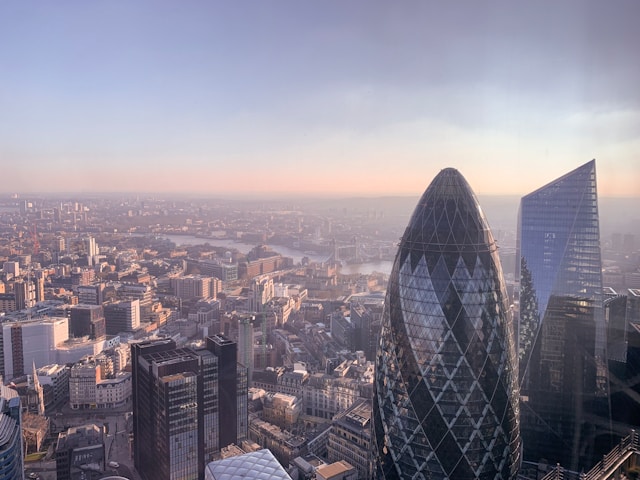The UK economy showed signs of recovery in November, posting a 0.1% growth after shrinking for three consecutive months. The growth was fueled by improvements in the hospitality and construction sectors, with pubs, restaurants, and commercial development leading the way.
Key Highlights:
- Economic Challenges Persist: While the slight expansion is a positive signal, the growth rate fell below economists' expectations. Manufacturing, business rentals, and leasing sectors continued to decline.
- Government's Response: Chancellor Rachel Reeves reaffirmed her commitment to prioritize economic growth through increased investment, public spending reforms, and efficiency. Reeves plans to meet with key regulators, including Ofgem and the Competitions and Markets Authority, to explore strategies to boost the economy.
- Business Concerns: Upcoming tax increases in April, including higher National Insurance and minimum wage hikes, are expected to pressure employers, potentially limiting pay raises and job creation.
Economic Outlook:
- Flatlined Economy: Economists from HSBC describe the UK economy as stagnant, with businesses expressing deteriorating confidence over recent months.
- Interest Rate Cut Anticipated: Weak growth figures have fueled speculation that the Bank of England may cut interest rates in February, lowering them from 4.75% to 4.5% to support growth.
Optimism for 2025:
Despite current stagnation, experts predict a brighter outlook for 2025, driven by solid consumer demand and increased government spending.This marginal growth underscores both the resilience of the UK economy and the urgent need for strategic reforms to overcome economic stagnation.
Source: bbc.co.uk

